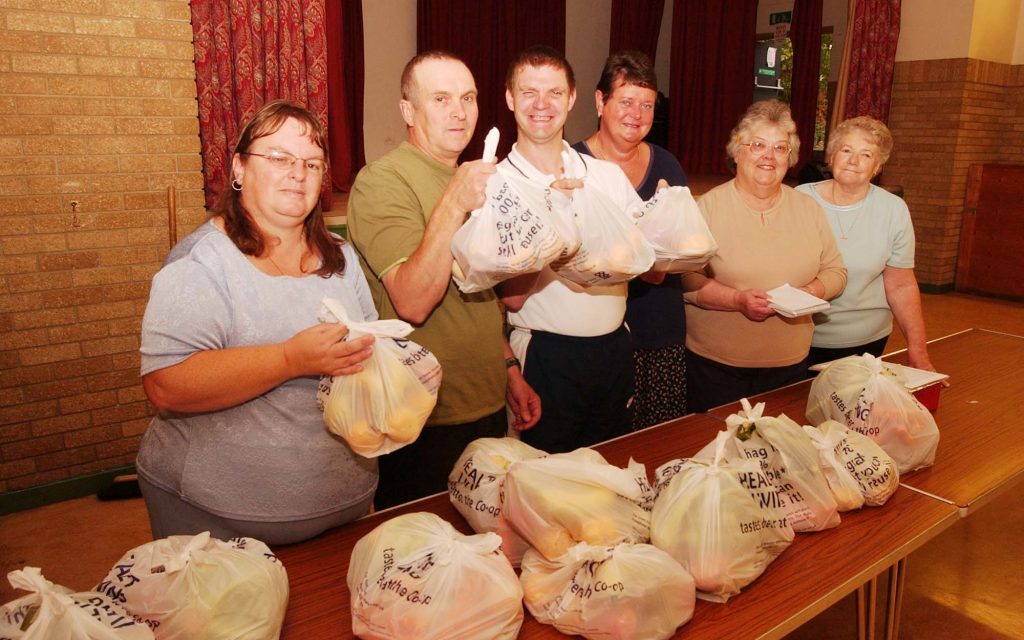 Poverty
Poverty 
Earlier blog articles have suggested that public policy in Wales could begin to reduce poverty if it took a more sophisticated approach to understanding poverty, starting with looking at individual and household resources.
Resources are, of course, even greater than income and assets.
They include state funded services that people receive – the so-called ‘social wage’. Being able to have a free education, or free medical treatment or a free bus pass is worth a great deal – imagine if every trip to the GP resulted in a £60 bill, or that hip replacement surgery required proof of the ability to pay.
Yet all too often, those with the lowest incomes do not receive the health care, education or housing they need.
Over and again we see that people on low incomes have the poorest health and health care, attend the worst performing schools and get the lowest educational qualifications, or live in the worst quality social housing. Poverty in terms of income has become a by-word for disadvantage in every other area of life.
Public services are meant to operate outside the market – where need not money is what matters. Clearly something is going badly wrong. The challenge for public bodies in Wales is to ensure that people on low incomes access and benefit from public services at least as much as those on high incomes.
Addressing the inequality in public services is possibly one of the most important ways in which Welsh public bodies could help to reduce poverty in the long term.
This is a massive job and it is to the credit of Welsh Government that it is attempting to do this in pre-school, primary and secondary education. It is also very welcome that some health boards, notably Cwm Taf and Aneurin Bevan, are taking on board the significant inequalities in access to health care.
But it’s got to be about more than just ad hoc initiatives – there needs to be a deep and lasting refocusing of public services to make sure they meet the needs of the least well-off as well as the comfortable middle.
A programme like this cannot be encapsulated in an annual ‘tackling poverty plan’ but involves a whole government, indeed whole public sector, re-orientation of priorities and delivery.
Developing policies and actions to address on this scale is no mean feat, but there is time before the next ‘plan’ is due, which gives new Ministers time to begin a process of change.
Victoria Winckler is Director of the Bevan Foundation. This blog post is one of a series in the run up to the launch of the Joseph Rowntree Foundation’s report by the New Policy Institute on Monitoring Poverty in Wales, on 19th September.


